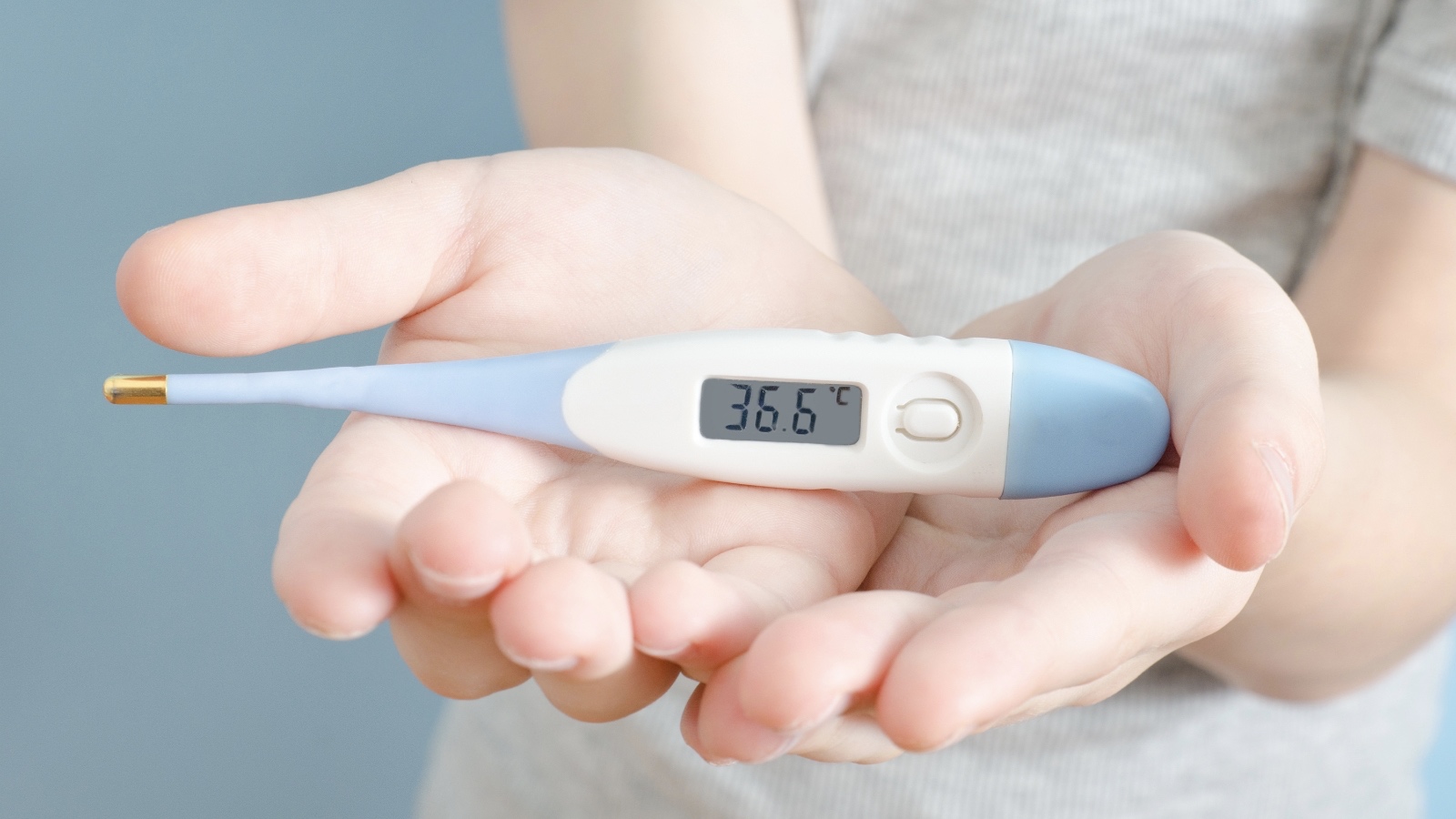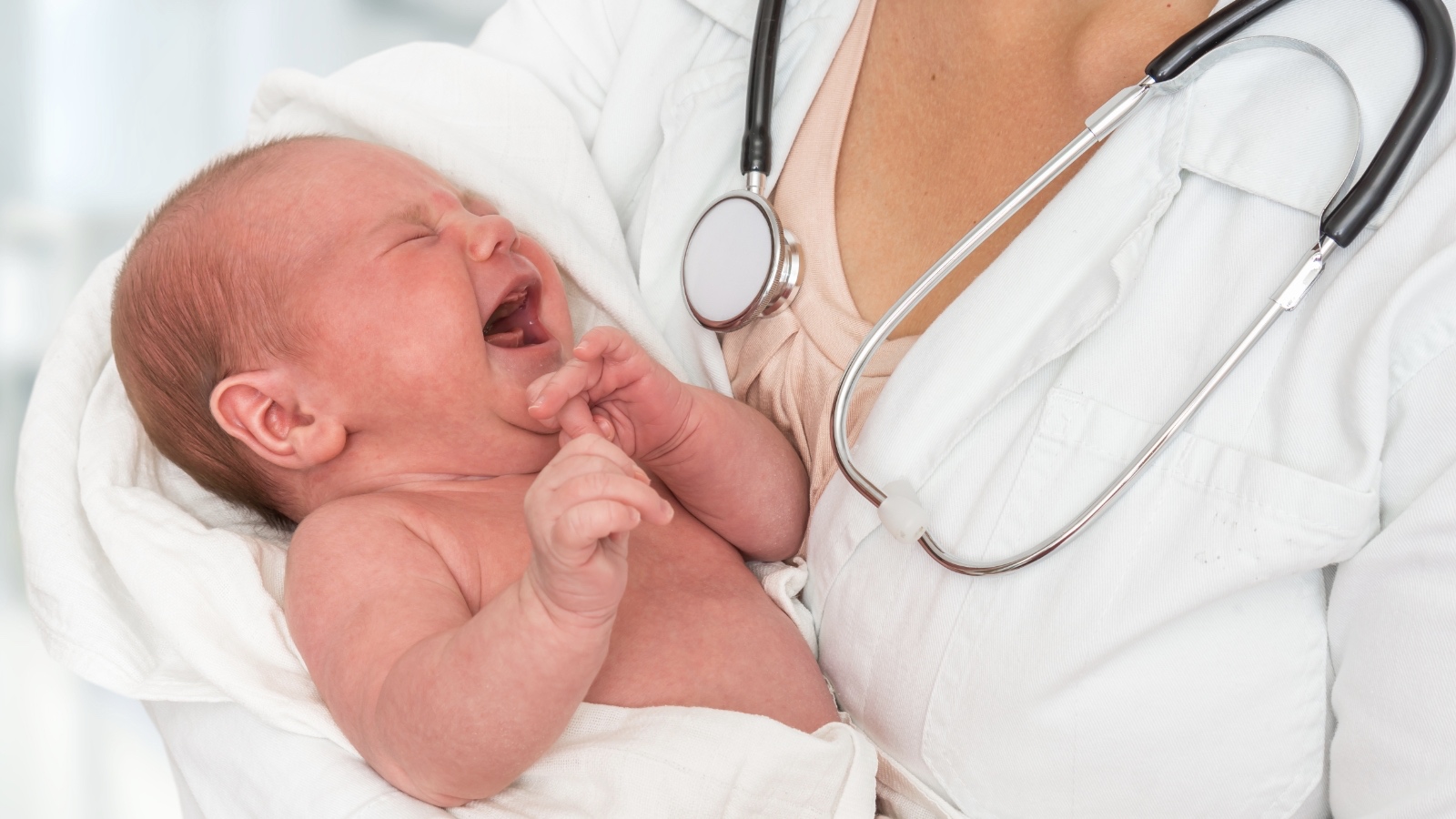Normal body temperature - What is considered ideal in childhood?
The body temperature measured may be affected by the age and sex of the person being tested, the time of measurement, certain medical conditions and the part of the body where the thermometer is placed. All this information can be used to determine what the normal body temperature is for infants, children and adults.
Of course, you need a reliable thermometer and it is important to know which part of the body is the most ideal measurement surface, depending on age:
- Between 0 and 3 years of age, the rectum.
- Between 3 months and 3 years of age, the rectum, ear or armpit.
- Between the ages of 4 and 5, the rectum, ear, mouth or armpit.
- Over 5 years of age, the ear, mouth or armpit.
Normal body temperature for infants
The body temperature of infants and young children is different from what is considered ideal for adults.- Their bodies retain more heat, so it can be harder to normalise their condition when they have a fever.
The average body temperature of a newborn baby is 37.5°C measured in the rectum, ranging from 36.6°C to 38°C from a few months to two years of age (slightly higher than this is still considered normal during teething).

Normal body temperature for children
The body temperature in the armpits of children aged 3 to 10 years is almost the same as the ideal for adults: between 35.9°C and 36.7°C is considered normal.
Normal body temperature for adults
For adults, the normal body temperature is between 35.2°C and 36.9°C measured under the armpits. At 37°C, we talk about elevated body temperature, above 38°C we talk about fever, above 39.5°C we talk about high fever, above 41°C we talk about very high fever.
The following symptoms may indicate fever: chills, sweating, weakness, lethargy, loss of appetite, muscle aches.
When should you seek medical advice for elevated body temperature?
Fever is a symptom in itself, not a disease. It is most often the body's natural reaction to pathogens. Professional recommendations suggest that there is no need for routine fever treatment, but there are cases when it is necessary and, in more severe cases, professional help may be needed. Seek medical advice if:
- fever occurs in babies younger than 3 months of age.
- fever with worrying symptoms (such as severe vomiting, diarrhoea, rash or pain).
- the child is excessively sleepy, confused or languid.
- there are signs of dehydration (sinking of the fontanel, cracked lips, plaque on the tongue, failure to pass urine).
- the child has a chronic (for example, cardiovascular) condition.
- the fever is abnormally high or does not subside despite treatment.
- the child's condition does not improve or the fever has persisted for more than three days.

We provide specialised care from newborn to 18 years of age
At UDyouMED, children from newborn to 18 years of age are treated under the guidance of nationally and internationally recognised, experienced specialists. The premature babies are cared for by an internationally recognised PIC (Perinatal Intensive Care Centre), and our institute offers the possibility for the mother to be with the baby throughout the in-hospital examination and treatment.